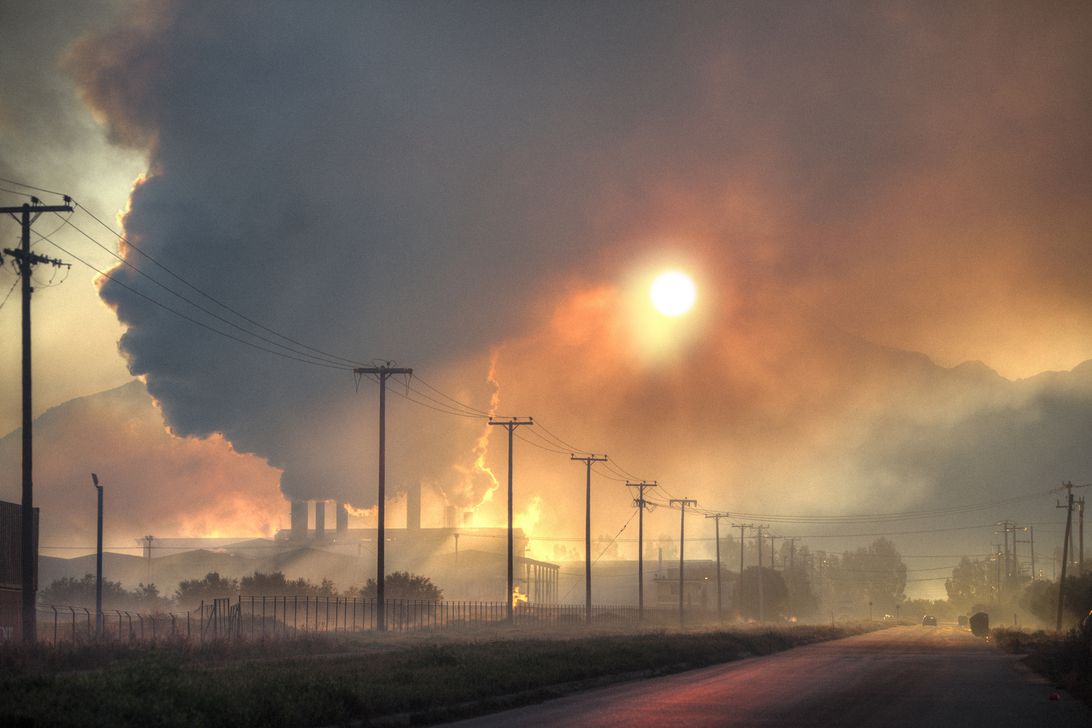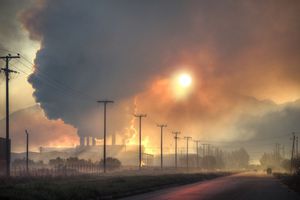
Nearly 200 countries reached an agreement at the United Nations COP26 climate summit Saturday that UN Secretary-General António Guterres said takes important steps but still leaves us “knocking on the door of climate catastrophe.”
Others weren’t so sure. In regard to funds for smaller countries, developed nations have already missed the deadline for providing 0 billion annually to these countries by 2020. That means trust is low, and many of these countries are disappointed the agreement doesn’t lay the groundwork for establishing a loss and damage fund. This would’ve provided them with the money they need to pay for immediate damage caused by the climate crisis, which is largely caused by developing countries.
“The #COP26 is over. Here’s a brief summary: Blah, blah, blah,” Thunberg tweeted. “Unless we achieve immediate, drastic, unprecedented, annual emission cuts at the source then that means we’re failing when it comes to this climate crisis,” she said in another tweet, adding that “small steps in the right direction” and “making some progress” equals losing.
CNET’s Katie Collins contributed to this report.
The agreement asks governments to strengthen emissions-reduction targets by the end of 2022 to keep alive the goal of the Paris climate accords signed six years ago. That treaty calls for holding the rise in the Earth’s average temperature to well below 2 degrees Celsius above preindustrial levels — and if possible, to 1.5 degrees Celsius above those levels. But the COP26 agreement has no enforcement mechanism, The Wall Street Journal reported, and only urges countries to act. Still, it calls on governments to return next year with their more robust plans to curb emissions, with some negotiators seeing that review as a way to bring about new cuts, the Journal said.
Altered language aside, the agreement includes an explicit call to countries to accelerate their efforts to cut down on coal, the fossil fuel that’s worst when it comes to greenhouse gas emissions, and to speed an end to fossil fuel subsidies. And it promises more money to small and developing countries for mitigation and adaptation.
CNET Science
The agreement is the first to come out of a UN climate summit with mention of the role of fossil fuels in the climate crisis, CNN reported. But at the last minute, language to “phase out” coal power was changed to “phase down,” a move some said would make it hard to reach key goals around warming.
“It’s a good deal for the world,” US climate envoy John Kerry told The Associated Press. “It’s got a few problems, but it’s all in all a very good deal.”
Read more: How climate change traps poor countries between poverty and disaster
“The approved texts are a compromise,” Guterres said in a statement. “They reflect the interests, the conditions, the contradictions and the state of political will in the world today. They take important steps, but unfortunately the collective political will was not enough to overcome some deep contradictions.”






